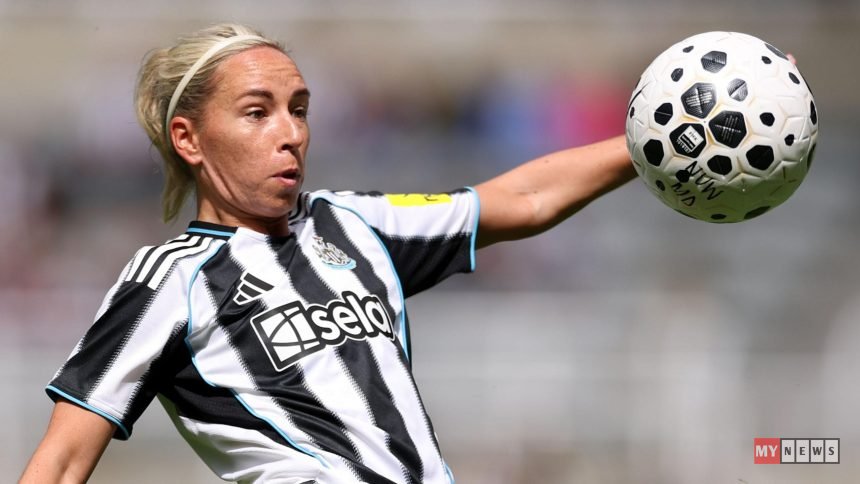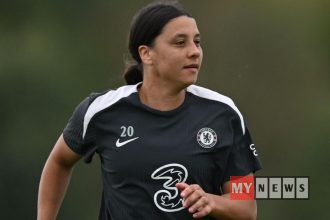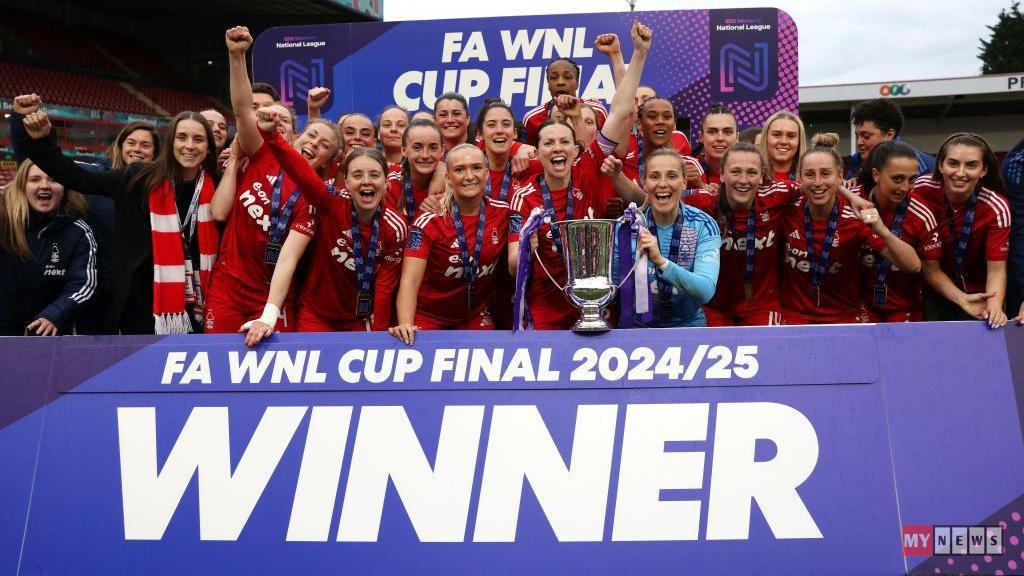
All 12 WSL2 Clubs Go Fully Professional as English Women’s Football Enters a New Era
For years, the story of English women’s football below the top tier was defined by the struggles of part-time players balancing work, training, and life. Tales of athletes finishing a nine-to-five job, racing to training, and returning home with little time to eat properly or maintain a social life were all too common.
Those days are over. For the 2025-26 Women’s Super League 2 season, formerly the Women’s Championship, all 12 teams in the second tier of English women’s football are now fully professional. The move marks a major milestone in the growth and investment in women’s football across England.
The professionalization of WSL2 allows clubs to make marquee signings and offer full support to their players. Newcastle United have been one of the standout beneficiaries this summer, signing former Arsenal and Aston Villa midfielder Jordan Nobbs, who boasts 71 England caps. Born in Stockton-on-Tees, Nobbs started her career at Sunderland before moving away in search of professional opportunities. She described the chance to return to her home region and join a fully professional setup as “a no-brainer.”
“Seeing the ambitions in Newcastle, it was perfect,” Nobbs told My Newspaper Sport. “The game has developed hugely, and young girls now have a clear pathway to play professionally.”
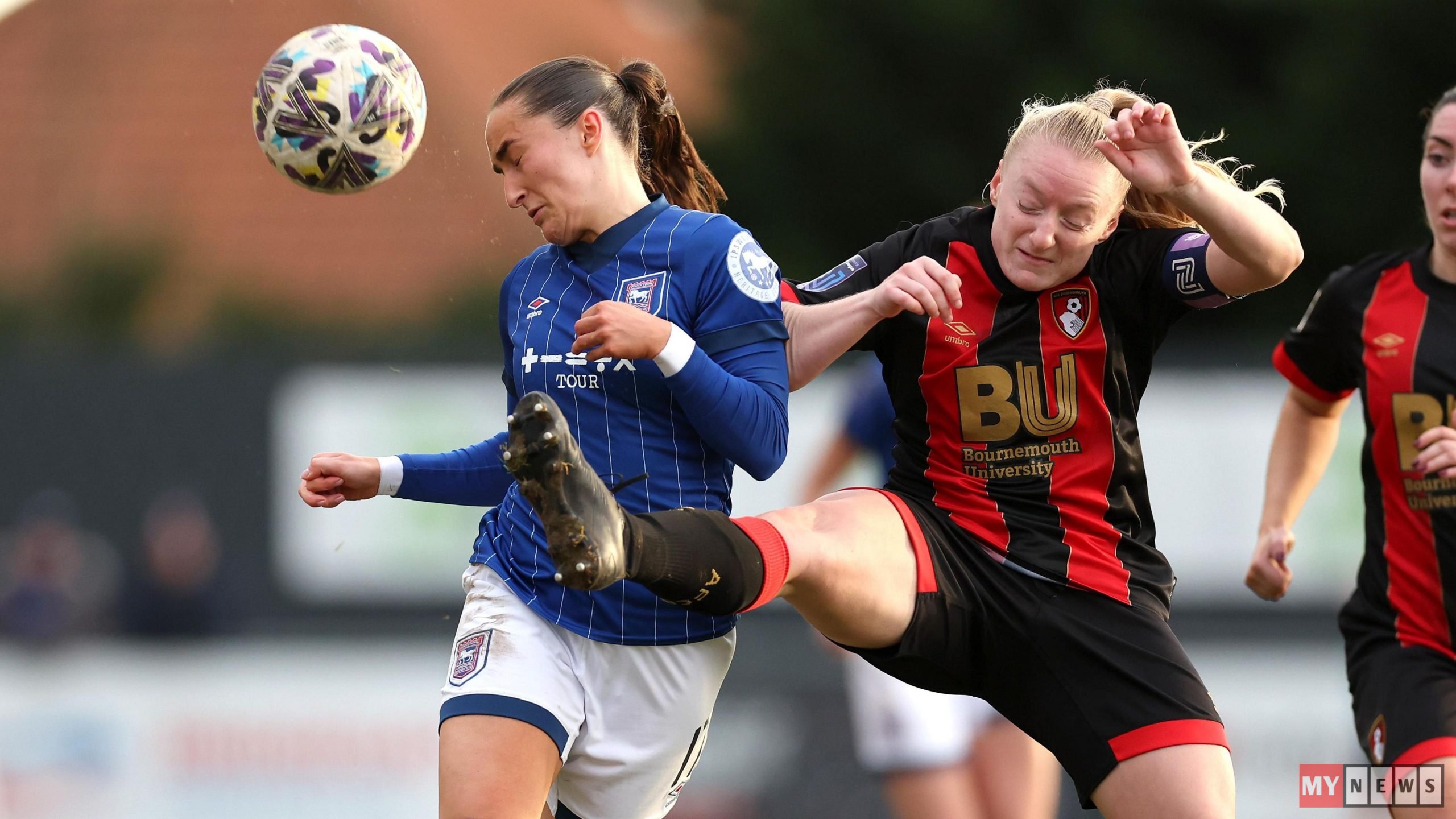
Other top-flight players from the north east, including Lucy Bronze and Beth Mead, similarly moved away to pursue careers in professional football. Nobbs said the professionalization of WSL2 is vital for retaining talent at home: “We want to allow people to complete their dream as a footballer. There will never be a stopping point; we will always push to be bigger and better.”
Newly promoted sides Nottingham Forest and Ipswich Town went full-time over the summer, meaning every member of every squad across the division is now properly compensated. Forest goalkeeper Emily Batty, who balanced football with an administrative role in the NHS last season, described the shift as transformative. “It allows us to fully focus on our games and get the best out of ourselves,” she said.
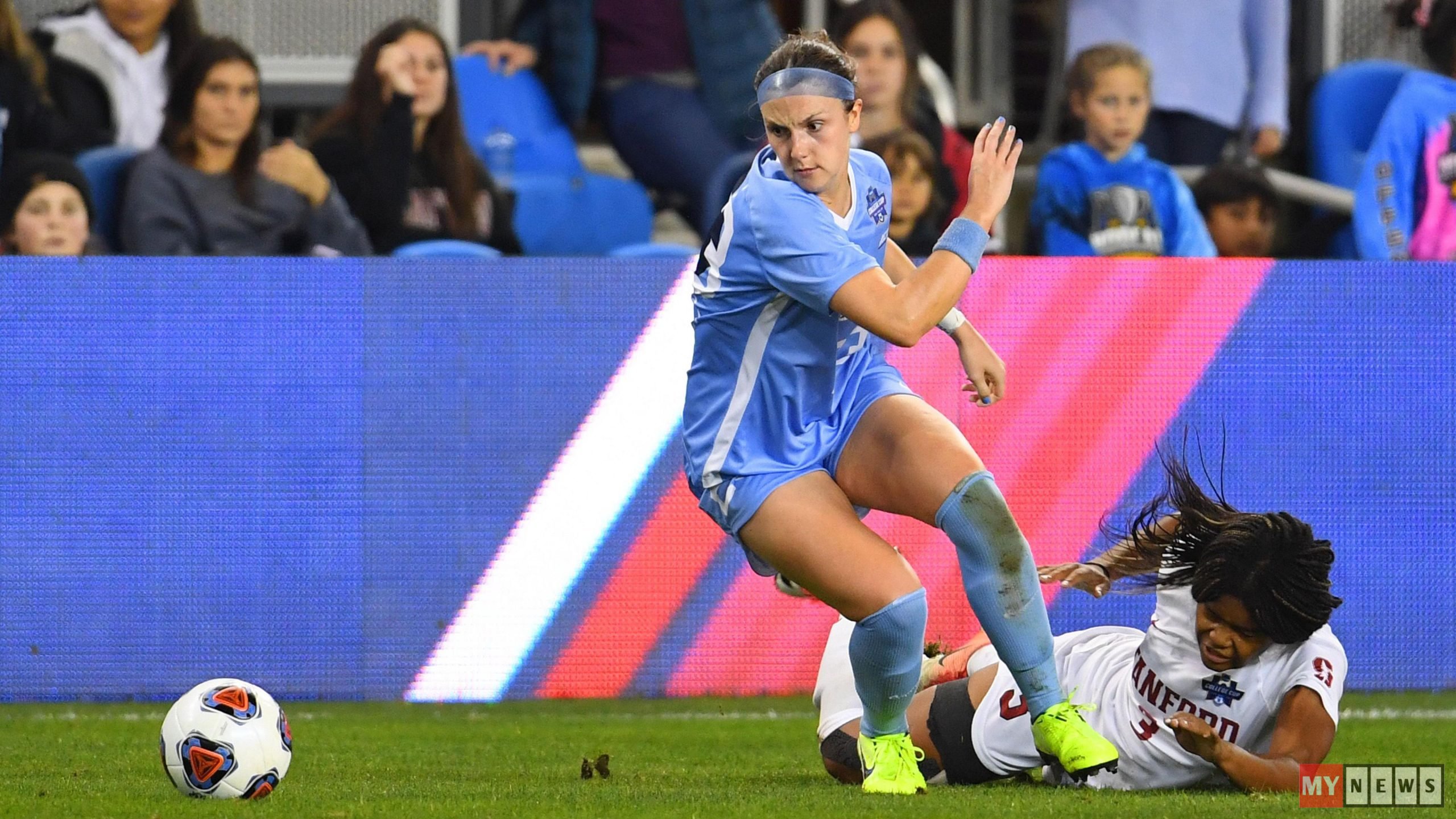
The professionalization of WSL2 also strengthens the league’s ability to retain young talent domestically, reducing the need for players to pursue U.S. college scholarships to access professional opportunities. Lionesses Lotte Wubben-Moy and Alessia Russo previously played college soccer at the University of North Carolina, while Rio Hardy followed a path through South Alabama before returning to England.
Sunderland’s Brianna Westrup experienced the challenges of amateur football firsthand, paying to play and balancing university commitments. She believes the new professional environment will help keep the best English players at home. “You’re only as good as the players around you,” Westrup said. “Training in a higher-level environment will make everyone better.”
For players, staff, and fans, WSL2’s professional era represents a landmark moment. With clubs now offering proper facilities, salaries, and support, English women’s football is poised for a new era of competitiveness and development, providing a pathway for the next generation of talent to thrive at home.

